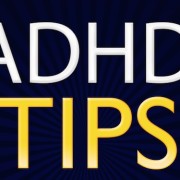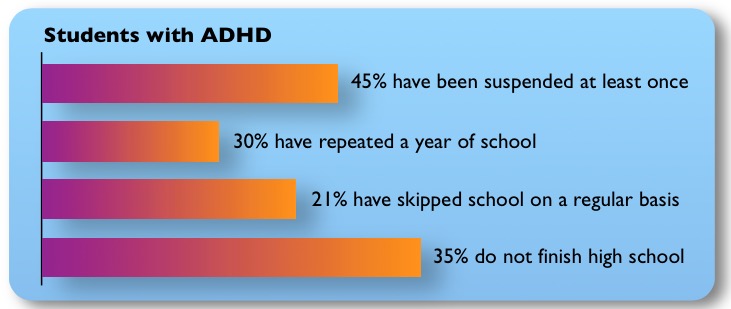What About Girls?
There is estimated to be 3 times as many boys than girls with ADHD. This is the case for nearly all developmental disorders including autism, motor disorders, and aggression problems. Like boys, girls with ADHD experience behavioral, academic, and social problems. Unlike boys, however, girls are more likely to become depressed and internally affected by these issues.
Surprisingly, numbers of male and female adults with ADHD are relatively equal. This may be due to the idea that, as with many disorders, adult women tend to be more help-seeking and willing to attend therapy than adult men, leading to an increase in statistics regarding adult females with ADHD. It may also be due to the idea that hyperactivity (more commonly seen in boys) tends to become outgrown quicker than inattentive symptoms (more commonly seen in girls).
Regardless of gender ratios, ADHD is certainly not restricted to males. It is important for girls with ADHD to get help, especially since lack of inhibition and impulse control in childhood can lead to self-injury later in life, which is typically not seen in males.
Contact Dr. Gordon for help with your ADHD. We have treatment and solutions available online, by phone, and in our offices.
written by: Brianna Malinowski, Jay Gordon, Ph.D
Hinshaw, S., & Scheffler, R. (2014). The ADHD Explosion. New York, NY: Oxford University Press.


